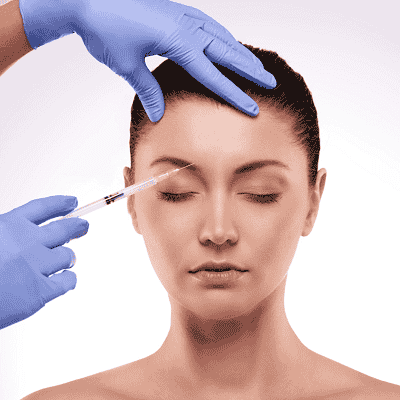Introduction
Botox has become a household name in the realm of cosmetic enhancements, primarily known for its ability to smooth out wrinkles and provide a youthful appearance. While many people are familiar with the procedure and its immediate effects, a common question that arises is, "How long does Botox last?" In this article, we'll delve into the factors that influence the duration of Botox's effects, what you can expect post-treatment, and how to maximize the benefits of your Botox Muscat sessions.
What is Botox?
Botox, short for Botulinum toxin, is a neurotoxic protein produced by the bacterium Clostridium botulinum. Despite its toxic origins, Botox is used in very small, controlled doses to temporarily paralyze specific muscles. This muscle paralysis reduces the appearance of dynamic wrinkles—those caused by facial expressions like frowning and squinting. It’s a popular treatment for areas such as:
- Forehead lines
- Crow's feet around the eyes
- Frown lines between the eyebrows
In addition to its cosmetic applications, Botox is also used for medical purposes, including treating chronic migraines, excessive sweating, and certain muscular disorders.
How Long Does Botox Last?
The duration of Botox's effects can vary depending on several factors. On average, the effects of Botox typically last between three to six months. Here’s a closer look at the factors that influence this timeframe:
1. Individual Response
Each person's body responds differently to Botox. Factors such as metabolism, muscle activity, and the specific area treated can all impact how long the effects last. Some individuals may experience the full benefits of Botox for up to six months, while others may find that the effects begin to wear off closer to the three-month mark.
2. Treatment Area
The longevity of Botox effects can also depend on the area being treated. For example:
- Forehead lines: The effects may last slightly longer due to the less frequent movement of the forehead compared to the eye area.
- Crow’s feet: The results might diminish more quickly because the eye area is subject to frequent muscle movements.
3. Dosage and Technique
The amount of Botox injected and the technique used by the practitioner play significant roles in determining how long the results will last. A higher dosage or a more precise injection technique can sometimes prolong the effects, while a lower dosage or less accurate injection might lead to a shorter duration.
4. Frequency of Treatments
Regular Botox treatments can influence how long the effects last. Over time, frequent treatments may lead to longer-lasting results as the muscles become less accustomed to the repetitive contractions that cause wrinkles.
What to Expect After Treatment
After receiving Botox injections, you can generally expect a few things:
- Onset of Results: Botox usually starts to take effect within 3 to 7 days after the treatment.
- Full Effect: The maximum results are typically seen within 2 weeks.
- Side Effects: Common side effects include mild bruising, redness, or a slight headache. These are generally temporary and resolve on their own.
How to Extend the Effects of Botox
To maximize the duration of Botox's effects, consider the following tips:
- Follow Aftercare Instructions: Adhere to any post-treatment care instructions provided by your practitioner, such as avoiding strenuous exercise or not touching the treated area for a few hours.
- Maintain Regular Treatments: Scheduling Botox treatments before the effects completely wear off can help maintain a consistent appearance and may extend the overall longevity of the results.
- Healthy Lifestyle: A healthy lifestyle, including good hydration and sun protection, can support your skin's overall health and potentially prolong the effects of Botox.
Conclusion
Understanding how long Botox lasts can help set realistic expectations and optimize your treatment experience. While the effects generally last between three to six months, individual responses and treatment specifics can influence this duration. By following professional advice and maintaining regular treatments, you can make the most of Botox's benefits and keep those wrinkles at bay. As always, consult with a qualified practitioner to discuss your needs and develop a treatment plan that works best for you.
